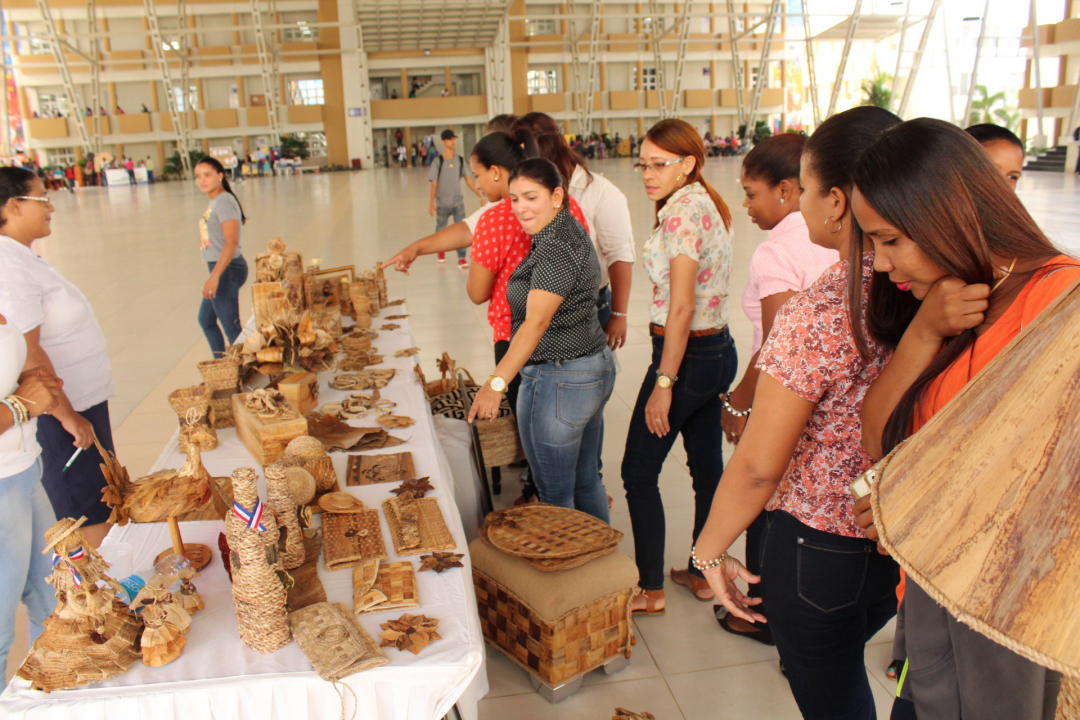Location(s)
Tags
SDG(s)
Sustainable Development Goal(s)
Powered by


SDG(s)
Sustainable Development Goal(s)
 1No poverty
1No poverty 5Gender equality
5Gender equality 8Decent work and economic growth
8Decent work and economic growth 10Reduced inequalities
10Reduced inequalities 17Partnerships for the goals
17Partnerships for the goalsPlease be aware that the content herein has not been peer reviewed. It consists of personal reflections, insights, and learnings of the contributor(s). It may not be exhaustive, nor does it aim to be authoritative knowledge.



Comments
Log in to add a comment or reply.